In his art-decorated office, Gbadebo Rhodes-Vivour’s passions — history, architecture, and the desire to reshape Lagos — converge. The former Lagos State governorship candidate tells Vanessa Obioha
why he views leadership as an act of creation built on empathy, unity and vision
Stepping into the office of Gbadebo Rhodes-Vivour, the former Labour Party governorship candidate for Lagos State in the 2023 elections, feels like walking into a living museum. The boardroom greets you with echoes of Lagos Island’s heritage. On the walls are portraits of the iconic Eyo masquerade which he described as a celebration of Lagos culture.
Inside his personal office is a diverse collection of artworks, including sculptures, historical portraits, and framed newspaper cuttings, such as one featuring his grandfather, Akinwunmi Rhodes-Vivour, in an old West African Pilot publication. Each piece tells a story for the young politician. A story, not only about his heritage but about the resistance of Africans to imperial conquest. For instance, there is an 1800 print that captures the former emperor of Ethiopia, King Menelik II as he leads his soldiers to war against the Italian colonial forces, and another showing the Benin Kingdom’s victory over the British.
Even his desk carries traces of art; a chessboard and an ayo board share space.
These artworks are more than just aesthetic for Rhodes-Vivour, they are designs of ideology a visual manifesto of his pride, defiance and memory. The meticulous arrangement of his space mirrors his background as an architect, as one who sees the world as a canvas of interlocking systems. It also hints at his ambition to become Lagos’ number one citizen.
Both worlds often collide. His architectural background enables him to analyse the effects of poor planning in Lagos. From flooding to alleged illegal demolitions, he regularly uses his social media platforms to break down issues and propose solutions, positioning himself as a candidate with both vision and pragmatism.
But this collision also has a downside. Since he ventured into politics, many of his clients have stopped hiring. Not out of opposition, but respect, and the assumption that he may be too busy.
“So I have to remind them that I still do work. Let me design their homes,” he said, laughing.
It was one of those few moments his sense of humour showed during our conversation. For the most part, Rhodes-Vivour spoke with empathy about the plight of Nigerians, especially the underprivileged, whose rights are routinely trampled upon by leaders.
He described current leaders as selfish and divisive, often using ethnicity as a political tool. For him, the root of the problem lies in how Nigerians have been disconnected from history.
History, to Rhodes-Vivour, is not just a subject to be taught but a foundation upon which national pride and unity should be built. He has long advocated for its return to school curricula, but the kind of history he envisions is one that inspires greatness in Nigerians, a quality he believes has been eroded.
“We are more interested in dominating each other and being a pawn to the rest of the world.”
It is this disunity, he argued, that leaves Nigeria vulnerable to external ridicule and intervention. He referenced the recent comments by the U.S. President Donald Trump who threatened to send troops to Nigeria over alleged Christian genocide.
“I’ve been thinking, reading, trying to understand what my position is, and it’s so confusing. It’s so confusing because I know that Donald Trump does not love Nigerian Christians,” he said.
Despite this, he welcomes any form of attention to the plight of ordinary Nigerians.
“What do I say to the woman whose whole family was killed in Benue or in Plateau? What do I say to all the people who have been killed, and the President failed to visit them to show them love and empathy? He went to Benue to pay them a condolence visit, but instead, they lined up people to clap for him. He said he could not get to that location. Killings have been happening all over this country. Not one word from the presidency. What do I say to all those people?”
Rhodes-Vivour has never shied away from his criticism of the current administration. From its lack of empathy to the intimidation of opposition parties, and the state of infrastructure. He questioned why successive presidents under the All Progressives Congress (APC) never considered building a world-class hospital in Nigeria rather than flying abroad for treatment.
“They’re not even selfish enough to build a hospital for themselves where they and their families can be treated in Nigeria,” he said.
For him, the uproar over Trump’s comments reflects the division the ruling party has entrenched in the country.
“I know that all of this is just a war between America and China, and we are just pawns. And I’m tired of being a pawn,” he lamented. “We are great people. If you go anywhere in this world, I promise you, I’ve been to most parts of this world. You’ll see Nigerians in positions. You see Nigerians doing things. They are brilliant, industrious and great. If we even look at the African American culture and all the greatness they’ve achieved, a lot of them are sourced from Nigeria. It’s just stupid that our Nigerian leaders have not had the vision to unite us, to unite all the people that were stolen from this land, and bring them home, because that’s part of our greatness.”
Nigeria’s greatness lies in the kind of leaders we have, he insisted, and is not about winning elections.
“Greatness is taking our position on the global stage, and we have everything to do that, mining gold is an example.”
Though critical of the government, he acknowledged its effort in stabilising the naira, yet wonders if the exchange rate can ever return to pre-APC levels.
The architect is very clear on the kind of leader Nigeria needs. A leader who is empathetic, has character and is strategic. A leader who is a man of the people.
“We need a competent and visionary leader. Some Nigerians always think that because a man has been successful in his business, it means that he will be a good governor or a good leader. No, that man has shown you he can make money for himself but not for the people,” he said. “We need a leader who can maximise our resources, a new type of visionary leadership that’s also very strategic in mind and thinking.”
He is confident that he is that kind of leader, what with his empathy and soothing voice that reminds one of a radio agony uncle who comforts callers.
“I have a lot of love for my people, and that’s why I’ve never joined APC,” he said. “I don’t think you can be in APC and be passionate about the people. Because, for the most part, you have to close your eyes to all the wrongs that are being done, and I cannot do that. That’s a great thing about being content.”
Contentment, he said, is one of the values his parents instilled in him.
“If you are not content, you will be forced to compromise and that comes with a price.”
They also taught him to leave things better than he met them and to use his privilege to help others. This ethos drives his charitable work through the Rhodes-Vivour Foundation, which, since 2022, has provided free medical outreach and palliatives to Lagos communities, giving residents access to health checks, medication, and support.
Born 42 years ago to Barrister Olawale and Mrs. Nkechi Rhodes-Vivour, Gbadebo grew up assuming a sense of leadership as the eldest child in his family. Despite coming from a lineage of lawyers, he pursued architecture at the University of Nottingham, later earning a master’s at the Massachusetts Institute of Technology (MIT) and another in Research and Public Policy from the University of Lagos.
His political journey began in 2017 when he ran for Ikeja Local Government chairman under the KOWA Party. In 2019, he contested for the Lagos West Senate seat under the PDP, and in 2023, he ran for governor under the Labour Party. Today, he continues that ambition under the African Democratic Congress (ADC). Earlier this year, he was installed as the Obalefun of Lagos.
Beyond politics, he is a family man. He breaks down his typical day:
““My day starts at 5 a.m. I pray and meditate, then my trainer comes in at 5:30 and we work out for one hour. Then I get ready and take my kids to school. After that, go back home, have breakfast and then come to the office. I don’t leave till 8pm, sometimes 9pm, depending on the volume of work.”
While his family remains his biggest support system, his confidence, he said, comes from his belief in God.
“It’s what gives me confidence, the ability to keep going and the conviction not to sell out.”
His vision for Lagos is one “where the government is your partner and not a hurdle.”
And for Nigeria, his hope is that one day, leadership will truly come from the people, “because that’s the only time leaders will be accountable to them.”



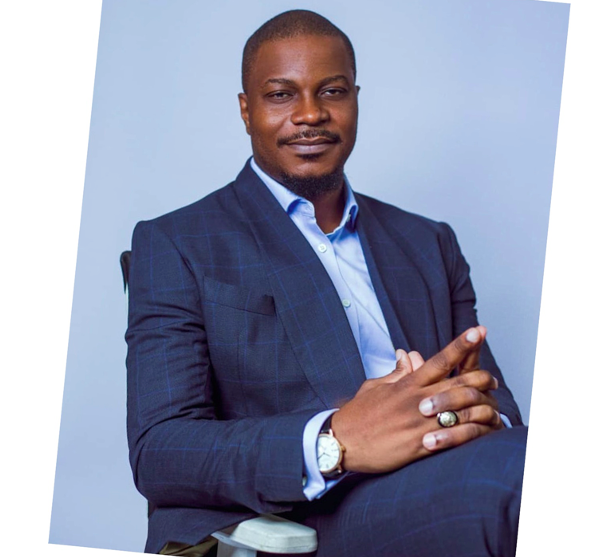
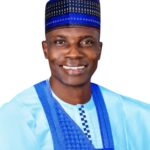
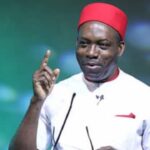
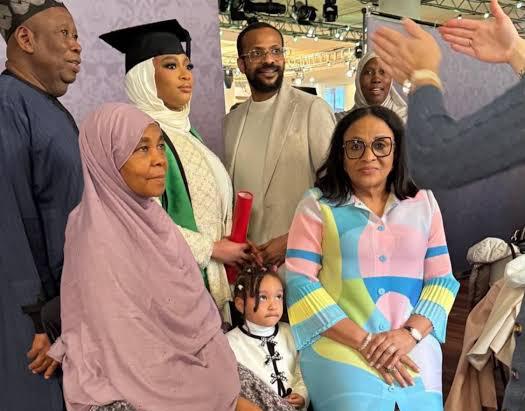
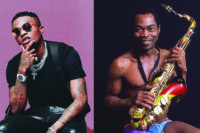

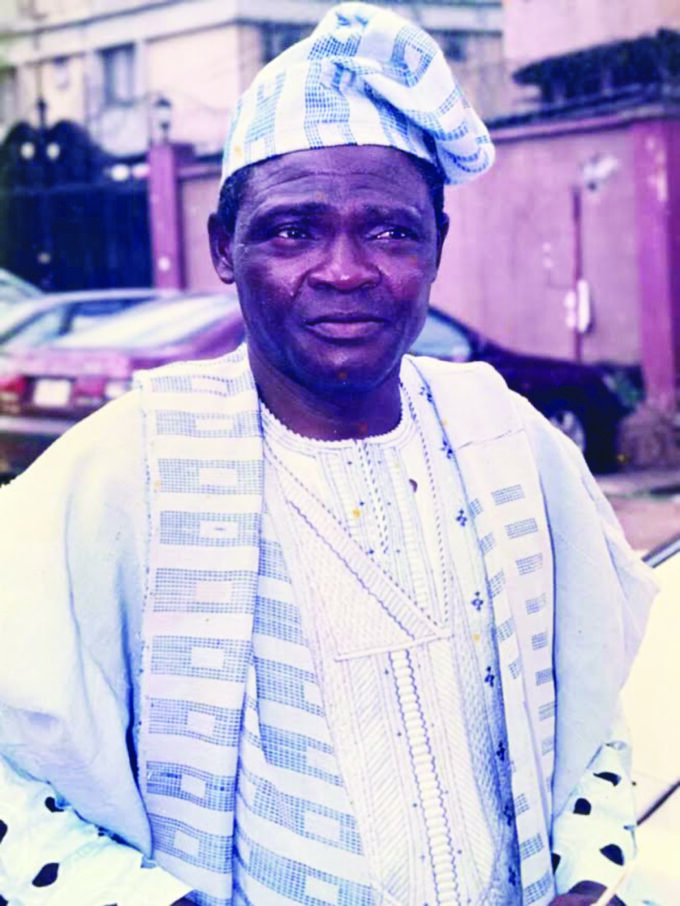
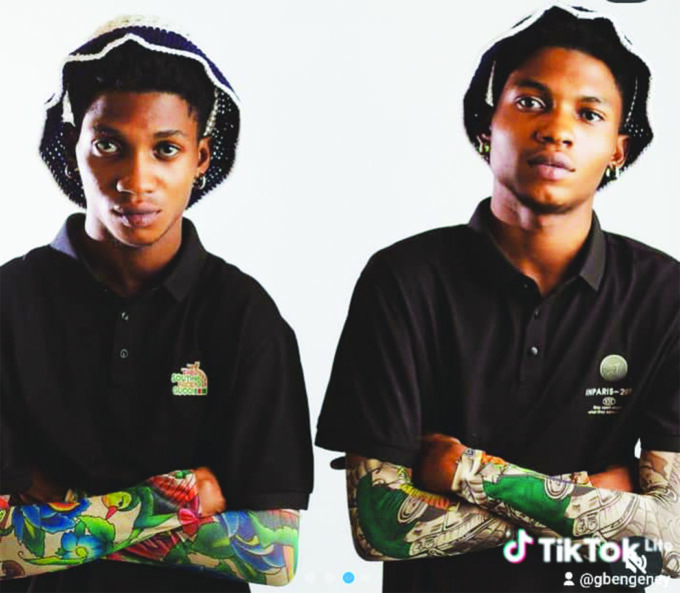
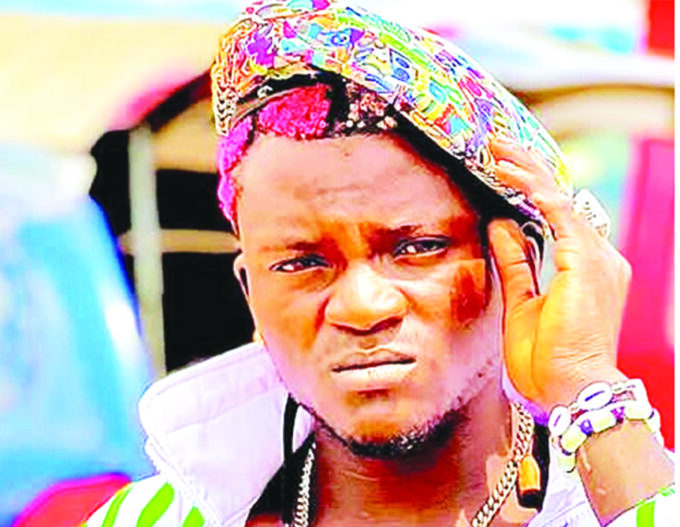
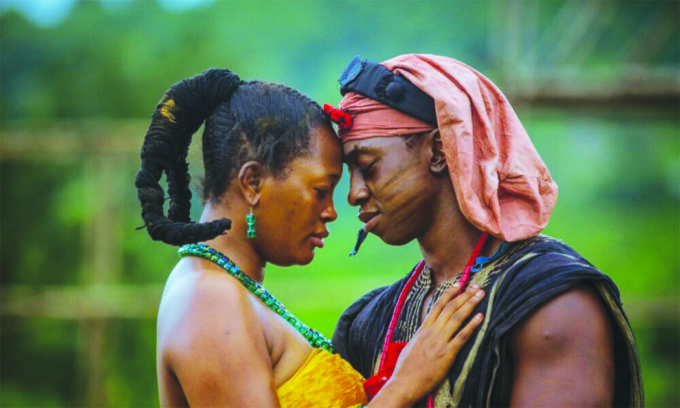




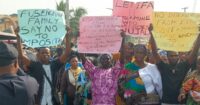
Leave a comment